NCATS
-
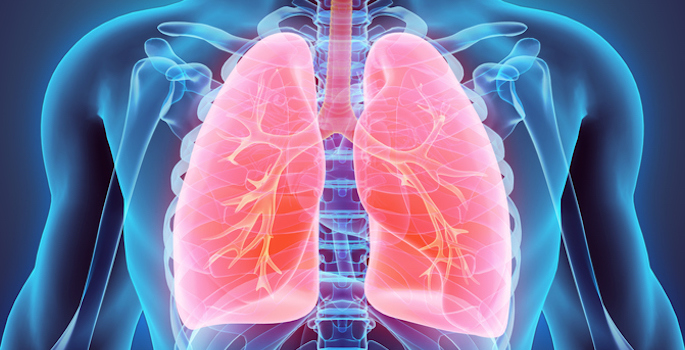
Policy, resources crucial for lung cancer screening: study
Vanderbilt reseach shows that resources for lung cancer screening programs increased the number of veterans screened. Read MoreSep 29, 2022
-

High blood pressure genes improve heart surgery survival in children
Vanderbilt researchers have found that children with a genetic makeup that predicts high blood pressure as adults are more likely to survive congenital heart defect repair surgery. Read MoreMar 24, 2022
-

White matter and psychosis
The microstructure of white matter in the brain could be an important risk marker for psychosis, Vanderbilt researchers have discovered. Read MoreJan 27, 2022
-
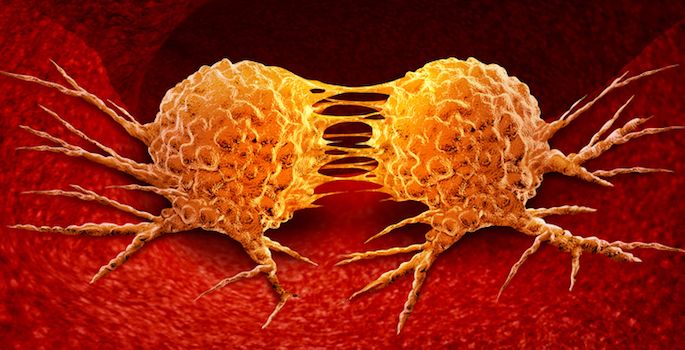
The role of polarity in early cancer
Mutations in the protein epiregulin, an EGF receptor ligand, affect larger epithelial cell reorganization and may contribute to early cancer development, Vanderbilt researchers discovered. Read MoreSep 21, 2021
-

Using billing codes to count cancers
The billing codes in electronic health records are useful for counting skin cancers over time — an important metric for cancer risk assessment and prevention. Read MoreSep 2, 2021
-

Influenza network sizes up COVID
Hospital data from a CDC network that monitors influenza revealed that adults hospitalized for COVID-19 in the early months of the pandemic were 20x more likely to die compared to hospitalized influenza patients. Read MoreJul 22, 2021
-

Heat for hypertension in autonomic failure
Heat therapy could offer a novel nonpharmacologic approach for treating the overnight hypertension that affects patients with autonomic failure. Read MoreMay 25, 2021
-

HIV, diabetes and immune cells in fat
In HIV-positive individuals with diabetes, immune cells in fat are more proinflammatory and cytotoxic and may represent a therapeutic target for diabetes. Read MoreMar 18, 2021
-

Gene variant and glucose metabolism
Genetic variation that impacts glucose- and insulin-related signaling affects responses to type 2 diabetes treatments and warrants further study. Read MoreFeb 18, 2021
-

New clue to postural tachycardia
Insight into the pathophysiology of an enigmatic and debilitating disease suggests new treatment approaches. Read MoreFeb 4, 2021
-
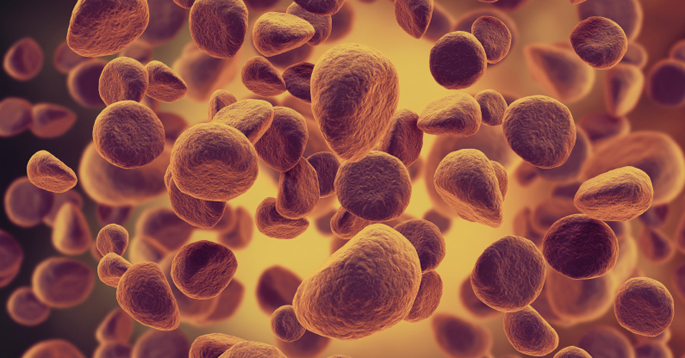
Gene network for leukemia factor
A new method speeds the analysis of factors that control gene expression from days to minutes, allowing researchers to uncover new targets for cancer treatment. Read MoreFeb 4, 2021
-

Inflammation in genetic epilepsy
Brain inflammation links genetic and acquired epilepsy — providing new clues about epilepsy development and pointing to potential treatments. Read MoreJan 21, 2021
-

Microbial RNA and rheumatoid arthritis
Small RNAs — short stretches of genetic material — from microbes may be playing a role in rheumatoid arthritis and other autoimmune diseases. Read MoreJan 11, 2021
-

Exploiting viral vulnerabilities
The isolation of human monoclonal antibodies against dangerous viruses including EEEV, Hendra and Nipah could offer new ways to treat and prevent these infections. Read MoreDec 10, 2020
-

A cohort for type 2 diabetes studies
A study group of more than 600,000 patients with type 2 diabetes, identified from electronic medical records in the PCORnet national research network, could be valuable for assessing the safety of type 2 diabetes drugs. Read MoreNov 17, 2020
-

Depression and the brain-age gap
Older depressed adults show accelerated brain aging, according to a new study from Vanderbilt researchers, who suggest that the effects of depression may speed the decline in cognitive functions in older individuals. Read MoreOct 19, 2020
-
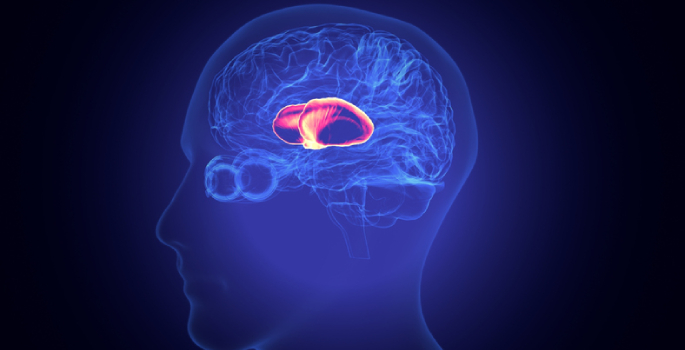
Pinpointing brain changes in psychosis
Specific regions of the thalamus — a central brain region — are smaller in adults with psychotic disorders and youth at risk for psychotic disorders and are associated with cognitive impairment. Read MoreOct 1, 2020
-
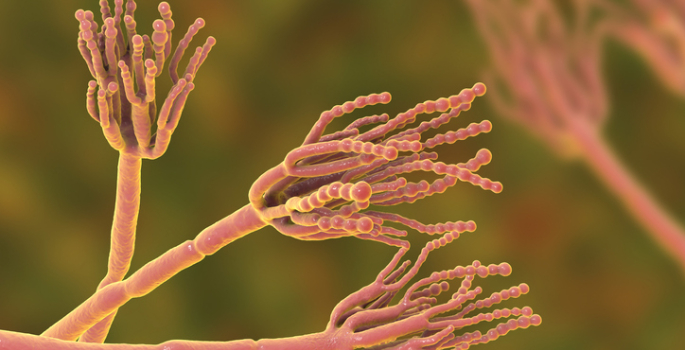
Genes spell penicillin allergy risk
Studies using large DNA biobanks revealed genetic variants associated with penicillin allergy, the most common type of drug-induced allergic reaction. Read MoreOct 1, 2020
-

Fibroids and birth outcomes
Women with three or more uterine fibroids — non-cancerous growths — during pregnancy are more likely to have infants with reduced birthweight and may need additional surveillance. Read MoreSep 8, 2020
-

Land of plenty (of opioids)
Surgical patients are being given more opioids than they need for postsurgical pain management, raising the risk of addiction. Read MoreAug 24, 2020